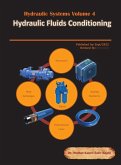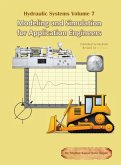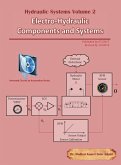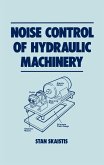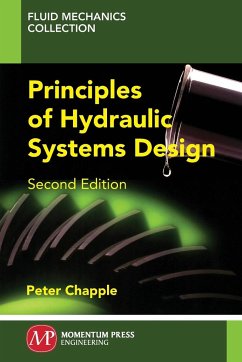A hydraulic system controls the transmission of energy. It transforms the mechanical energy of a prime motor into fluid energy. It controls the fluid configuration and transforms the fluid energy into mechanical work at specified locations. Hydraulic systems feature high power density, sensitive response and precision of control, especially when operating under computer control. Thus, they have been widely used as the energy transmission control systems in aircraft, ships, construction machinery, machine tools and others. Therefore, it is indispensable for a mechanical engineer to become versed with hydraulic control technology. The technology is mainly associated with fluid mechanics and control theories, but it is related to the wider field of engineering as well. This book provides a comprehensive treatment of the analysis and design of hydraulic control systems which will be invaluable for practising engineers, as well as undergraduate and graduate students specializing in mechanical engineering. Firstly, the fundamental concepts of hydraulic control systems are addressed, and illustrated by reference to applications in the field of aviation engineering. Secondly, the fluid mechanics necessary for the comprehension of hydraulic elements are provided. The technology of the hydraulic components composing hydraulic control systems is addressed, the key focus being on how to apply theoretical concepts into the design and analysis of hydraulic components and systems. Finally, there is a discussion on fundamental control technology and its application to hydraulic servo systems. This includes the formation of hydraulic servo systems, basic control theorems, methods identifying the dynamic characteristics of hydraulic actuator systems, and a design method for hydraulic control systems. Numerical exercises are provided at the end of each chapter.
Hinweis: Dieser Artikel kann nur an eine deutsche Lieferadresse ausgeliefert werden.
Hinweis: Dieser Artikel kann nur an eine deutsche Lieferadresse ausgeliefert werden.




